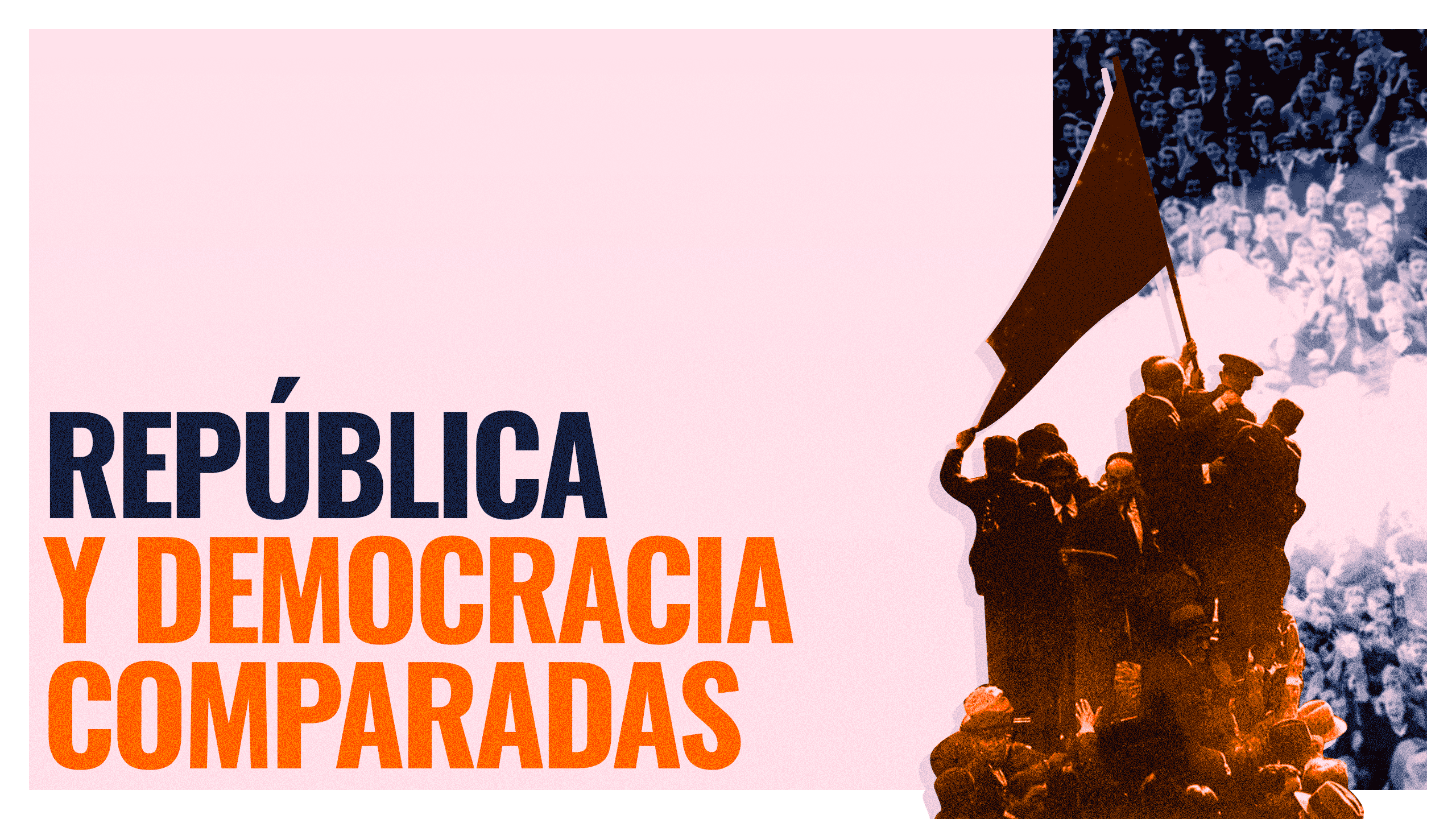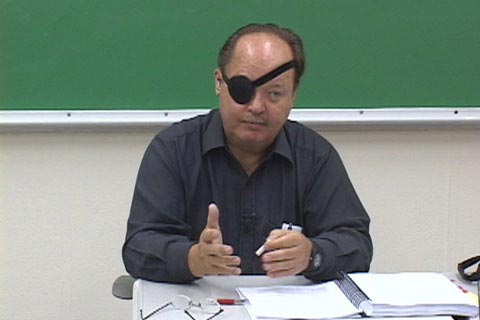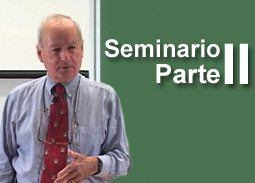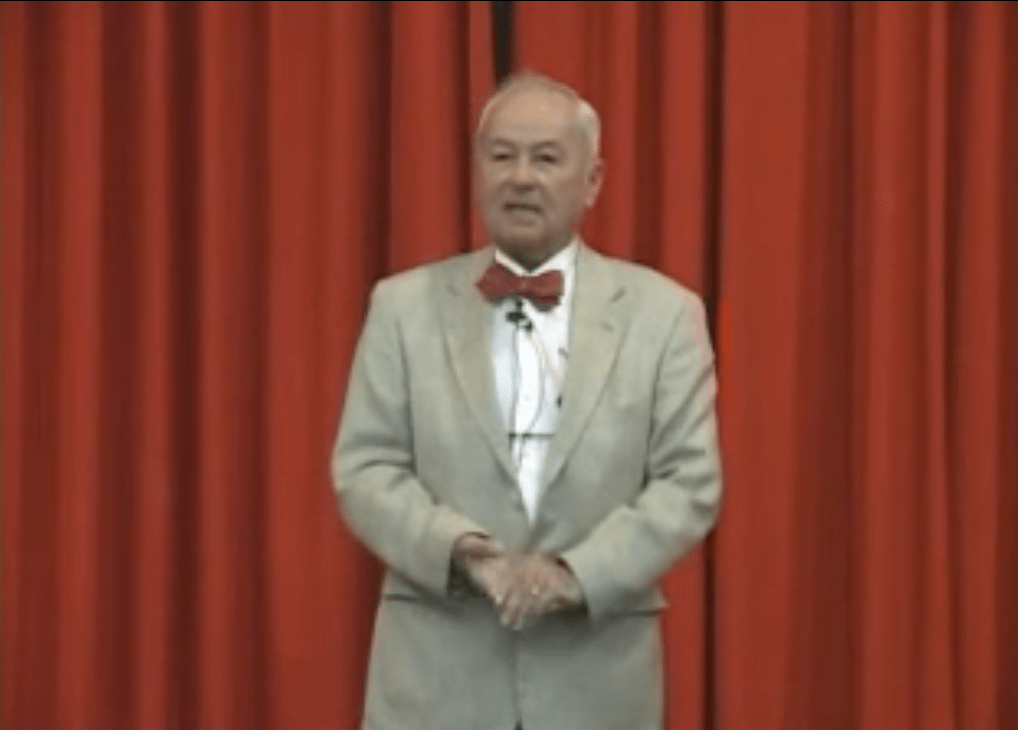About this videoIn this conference, Max Manwaring explains the seven critical governing rules for success in contemporary conflict. He illustrates each of the seven rules using historical examples from countries whose governments and populations have been targeted by terrorist organizations. The Italian government’s successful response to the violent Red Brigades campaign during the late 1970s, which put these seven governing rules into effect, is analyzed in detail. He also describes the roles assumed by the Italian military and the Carabinieri during this period. Finally, Manwaring answers student questions regarding recent reductions in the size of the armed forces seen in some countries. He analyzes how the population’s sense of security is affected by these reductions as well as the accompanying need to modernize other security forces. |
|
CreditsSeminar: Unconventional Conflicts Precipitated by Non-State Actors (Day 2, Part II) |
|











